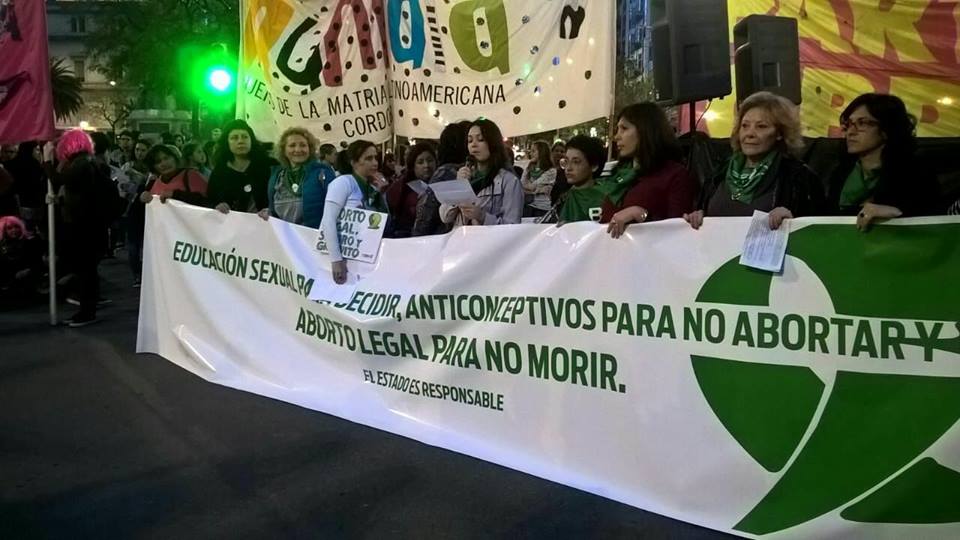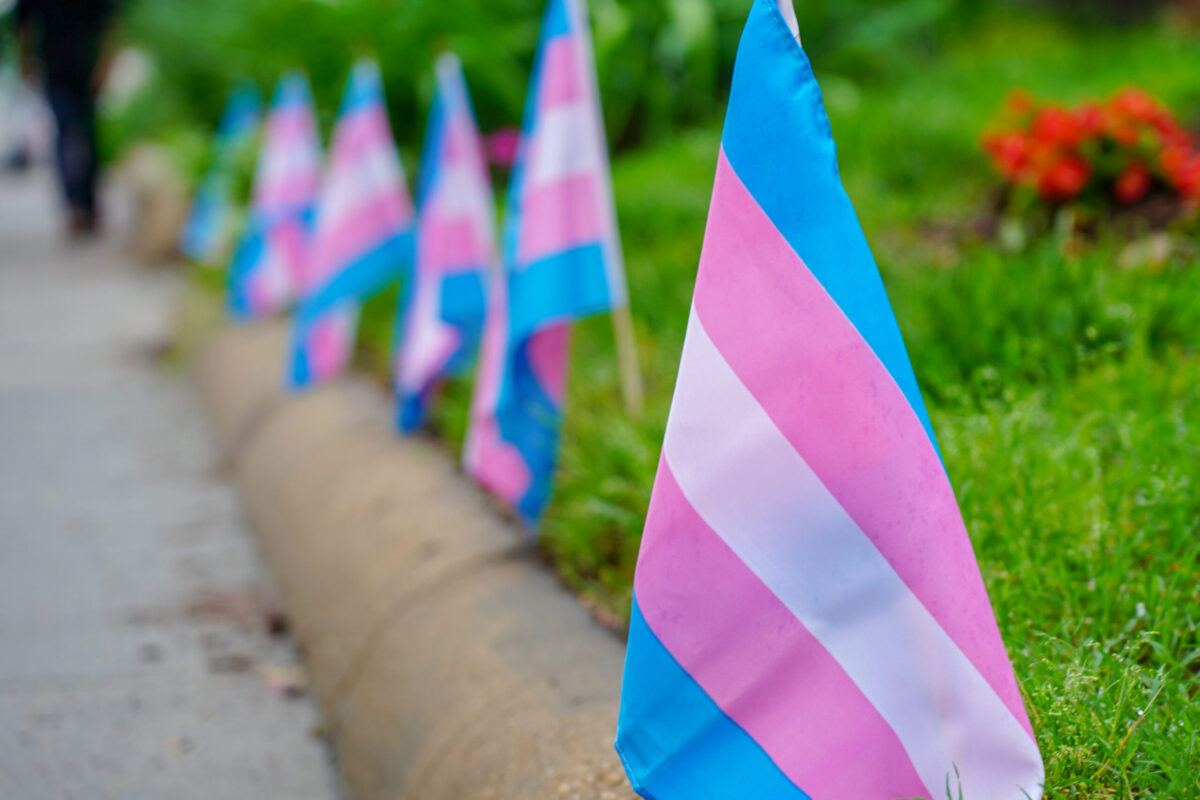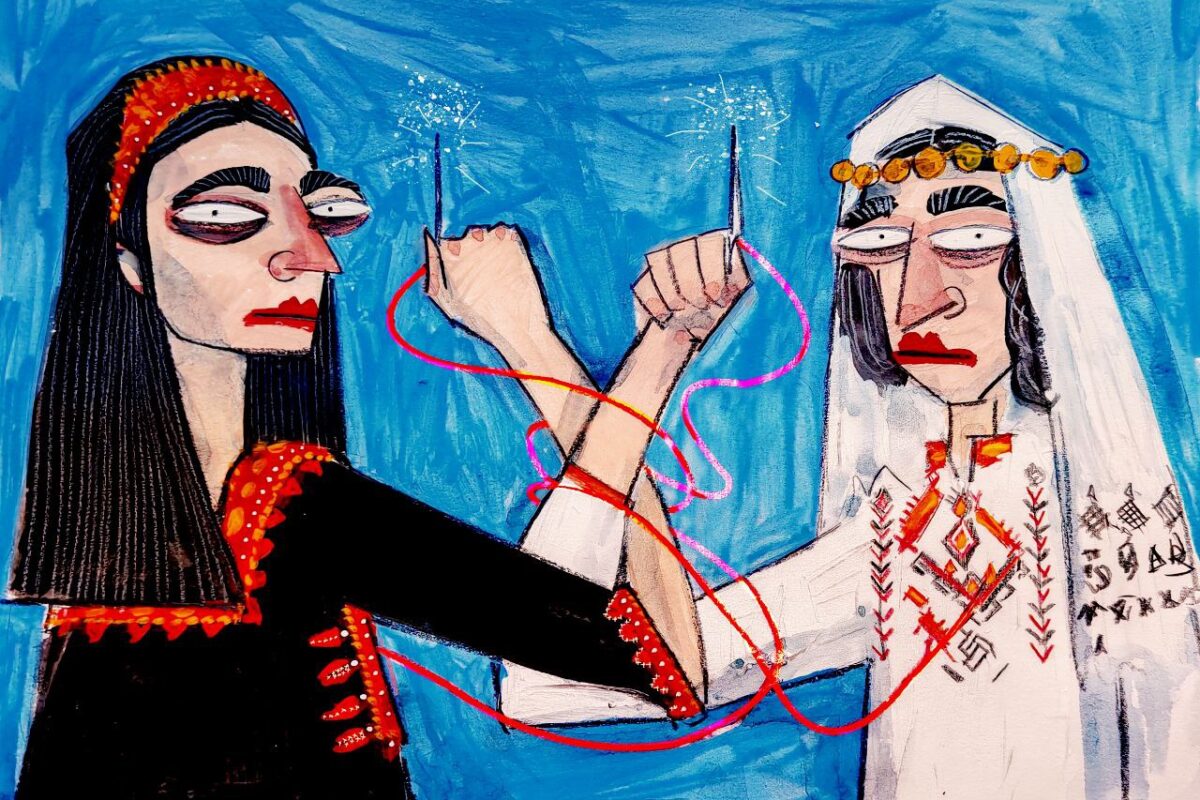In Argentina, the debate on the legalization of abortion was promoted and sustained by organizations of women, feminists and LGBTIQ+ people, in a unique network that converged, centrally, with the National Campaign for the Right to Legal, Safe and Free Abortion.
The Campaign, which has a strong territorial anchor throughout the country, brings together political, social and union organizations and movements; human rights, academic and scientific organizations; associations and other groups in the fields of health, culture, entertainment and communication, among other sectors.
The long social path that is intended to be embodied in the current bill is synthesized, with the most resonant milestones, in this chronology:
1921: In the Penal Code of Argentina, article 86 establishes the cases in which the termination of pregnancy should not be punished “when the life or health of the woman is in danger, when the pregnancy was the result of rape or an attack against modesty committed on an idiot or insane woman ”
This version, after legislative twists and turns, is the one in force until today. That is, a law established almost 100 years ago.
2003: For the first time in a National Meeting of Women (ENM), in its 17th edition in Rosario (Santa Fe), a workshop, an assembly and a march are held calling for the legalization of abortion and to consider advocacy strategies. The green handkerchief that identifies the Argentine struggle worldwide for access to the right to choose arises; this was contributed by Catholics for the Right to Decide (CDD).
2005: On May 28, the National Campaign for the Right to Legal, Safe and Free Abortion is launched, this campaign gathers signatures that will be delivered in the Congress in parallel with a large march of people from all over the country with the slogan “Sex education to decide, contraceptives not to abort and legal abortion not to die”, which is maintained until today.
2006: The Campaign formulates its bill for the first time.
2007: The Campaign symbolically presents, for the first time, a bill to legalize abortion that does not achieve parliamentary status.
On May 17, Ana María Acevedo dies. She was a young woman with an early pregnancy who was diagnosed with jaw cancer. The treatment was incompatible with the continuation of her pregnancy, so the woman asked for an abortion to save her life. Doctors at the Iturraspe hospital in Santa Fe refused to do it and Ana María died. She is one of the women who, with her death, highlights the need to legalize the practice.
2008: The bill is formally presented and it obtains parliamentary status with the signature of Socialist deputy, Silvia Augsburger. From then on, every two years (when the possibility of treatment in the Congress premises is exhausted), the Campaign presents its bill.
2011: The United Nations Human Rights Committee condemned the Argentine State for not having guaranteed, in 2006, access to an abortion to LMR, a young woman with a disability who was pregnant as a result of rape. Despite having a ruling from the Superior Court of Buenos Aires, the practice could not be carried out in a public hospital and, thanks to the mobilization of women’s and feminist organizations, it was accomplished in the private system.
The Committee considered that the obstruction of abortion allowed by Criminal Law constituted a violation of the young woman’s human rights and ordered the country to provide her with “measures of reparation that include adequate compensation” and to “take measures to prevent similar violations from being committed in the future.”
The act of reparation took place in 2014. The situation of LMR shows how the absence of specific legislation affects the lives and health of women.
2012: The Supreme Court, in its ruling in the “FAL” case, determines that women who were victims of rape could have access to legal interruption of pregnancy, without going through a judicial process, and urged every Argentinian province to sanction protocols that facilitate the practice. “No victim of abuse has to have a child without consent, she does not have to go through a judicial odyssey like me,” FAL told Télam, in February this year, in the only interview she gave to the press.
2018: The Chamber of Deputies (the lower house of the Argentine National Congress) voted in favor of the bill, with 129 votes in favor, 125 against and 1 abstention. The bill was then rejected by the Senate (the upper house of the Argentine National Congress): there were 38 negative votes, 31 positive votes, 2 abstentions and one absence.
2019: The Protocol for the comprehensive care of people with the right to legal interruption of pregnancy obtains legal status.
The Campaign re-presents the bill that currently has parliamentary status.
2020: On November 17th, the President, Alberto Fernandez, sent the bill for the Legal Interruption of Pregnancy to Congress. It was sent together with another initiative, the bill for Attention and Comprehensive Health Care during Pregnancy and Early Childhood – better known as the Law of 1000 Days-. The latter aims to lower mortality and malnutrition, in addition to preventing violence and protecting early ties. On the 11th of this month, the lower house gives half a sanction to both bills.
On Tuesday, December 29, the Senate after a long debate, where the positions in favor and against were transversal to the different party blocs, finally approves the bill. There were 38 affirmative votes and 29 negative; a majority for prioritizing the right to decide of pregnant women over their own bodies and making it clear that it is a Public Health issue over dogmatic and religious positions.
Voluntary Termination of Pregnancy IS LAW.
Cynthia García is a Journalist and feminist activist




